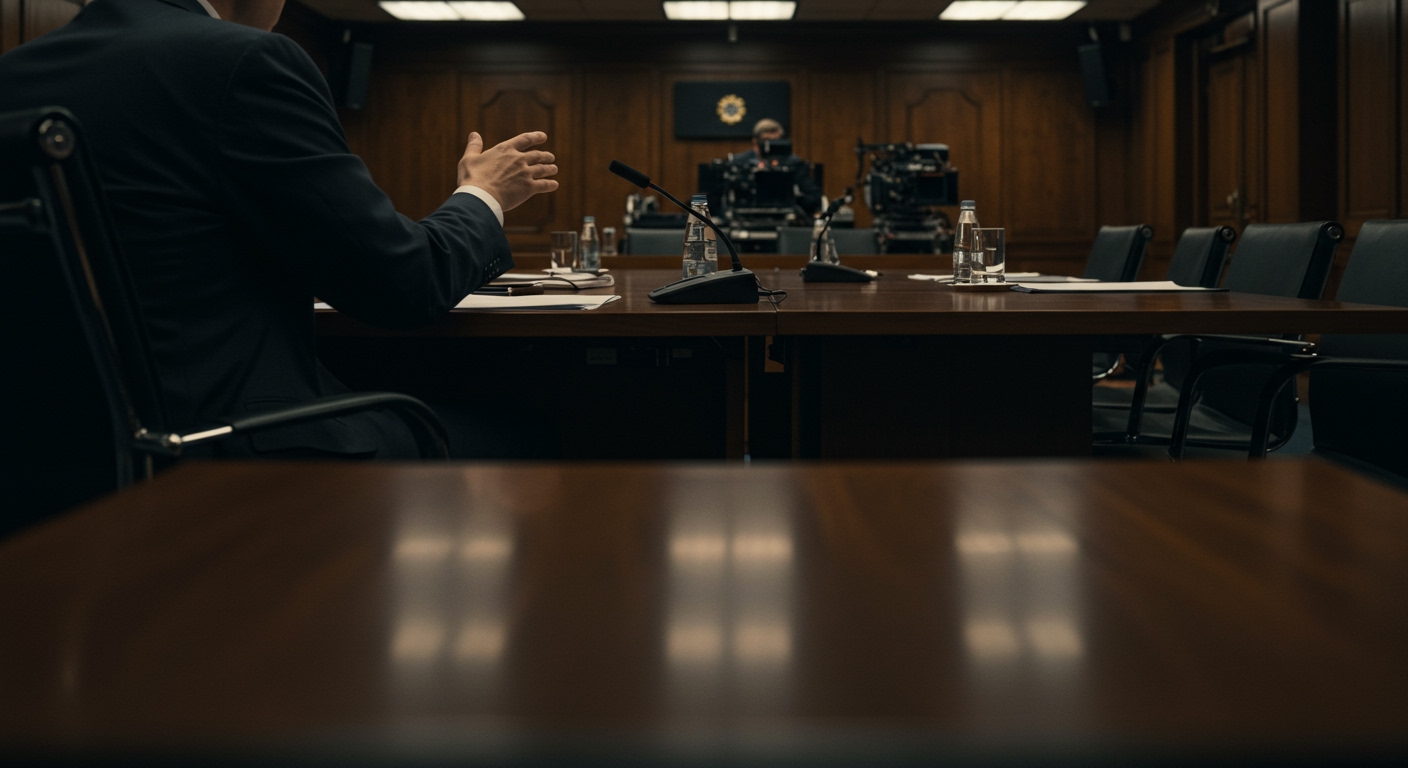London, UK – The UK creative industries minister, Chris Bryant, has signaled a governmental desire for a significant structural shift within the nation’s film and television sectors, advocating for a reduction in the reliance on freelance workers in favor of more full-time employment. The minister articulated this view during a session of the cross-party culture, media and sport committee held on July 8, 2025. The committee convened as part of its ongoing examination of the creative industries sector plan, providing a platform for the government to outline its vision and priorities for this economically vital area.
Addressing Structural Challenges in Film and TV
During his appearance before the committee, Chris Bryant, who is a Labour MP, highlighted concerns about the current prevailing model within the screen industries. He argued that the heavy dependency on a freelance workforce, while offering flexibility in some contexts, ultimately creates fundamental challenges for the sector’s long-term health and stability. “I want to see less dependency on freelancers within the film and TV industries and more people in full-time employment,” Minister Bryant stated, expressing a clear policy inclination.
The minister elaborated on the rationale behind this push for structural change. He contended that the dominant freelance model undermines continuity within production teams and companies. This lack of consistent employment relationships, according to Bryant, can hinder project pipelines, complicate long-term planning, and potentially impact the efficiency of production processes. Furthermore, he explicitly linked the prevalence of short-term freelance contracts to skills problems, suggesting that a lack of embedded, stable employment limits opportunities for consistent training, skill development, and knowledge transfer within organizations.
Broader Policy Stances and Industry Competition
The committee session also covered other pertinent issues facing the creative industries, offering Minister Bryant an opportunity to reiterate the government’s position on key policy debates. Notably, he reaffirmed the government’s rejection of a streamer levy. This proposed mechanism, which would potentially impose a tax or contribution requirement on large international streaming services operating in the UK, has been a subject of considerable debate within the industry and political circles. The government’s stance, as articulated by Bryant, remains one of opposition.
Discussing the evolving media landscape and the challenges faced by traditional public service broadcasters, Minister Bryant also expressed regret over a specific past initiative that did not come to fruition. He stated his disappointment that an idea for UK public service broadcasters (PSBs) to combine resources or platforms for a unified streaming platform idea was not pursued. In an era dominated by global giants like Netflix, PSBs face increasing pressure to compete for audience attention and investment.
Minister Bryant underscored the critical need for UK PSBs to enhance their competitive edge, particularly in relation to large international streamers. He emphasized that this competition must primarily be fought on the basis of quality. Investing in high-quality, distinctive UK content is seen by the government as the primary means for PSBs to maintain their relevance and appeal in a crowded digital marketplace.
Implications for the Creative Workforce
The minister’s comments regarding the freelance model are likely to spark significant discussion across the film and television sectors. The UK’s creative industries have long relied on a flexible workforce structure, which proponents argue allows for efficient scaling up and down based on production needs and provides workers with variety and independence. However, critics, including now the government minister, point to issues of job security, lack of benefits, and the potential for skills gaps and talent retention challenges associated with a highly casualized workforce.
Shifting towards more full-time employment would represent a substantial change for many production companies and potentially require new approaches to talent management, human resources, and financial planning. It could offer benefits such as increased job security, access to employment benefits, and greater opportunities for in-house training and career progression for workers.
As the government continues to develop and implement its creative industries sector plan, Minister Bryant’s remarks signal that addressing workforce structure, alongside navigating the complexities of the digital streaming landscape and supporting the quality output of PSBs, remains a key priority on the agenda for the coming years.
The session on July 8, 2025, therefore, served as a clear indicator of the government’s direction, emphasizing a desire for greater employment stability within the UK’s globally renowned film and television industries as part of a broader strategy to ensure the sector’s future prosperity and competitiveness.





